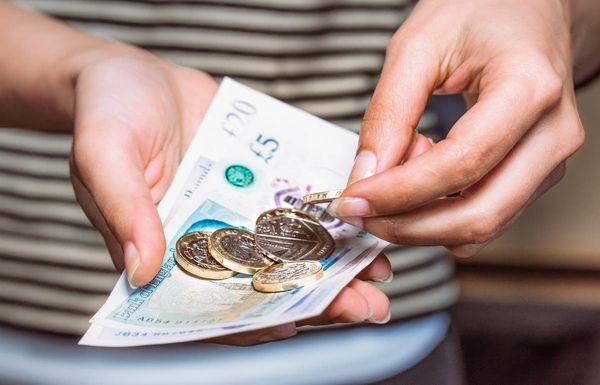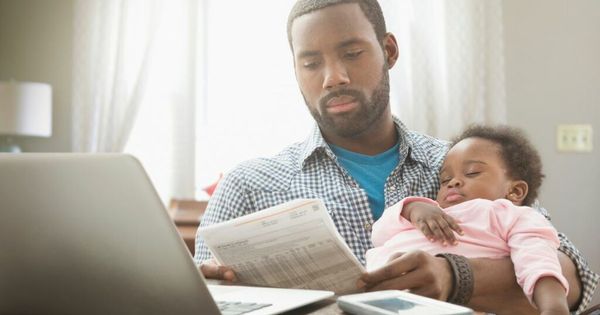
Households entitled to the government’s cost of living payments, announced by the chancellor in May to help with the rising cost of energy and food, should start to receive some of the money on 14 July.
What payments are being made?
There are three different cost of living payments:
The main cost of living payment, worth £650 in total, for those on income-related benefits and tax credits.
The pensioner payment, worth £300, for everyone who receives the winter fuel payment.
The disability payment, worth £150, for those on non-means-tested disability benefits.
It is the first of these that will start to be paid in July. The disability cost of living payment will be paid from September, and the pensioner payment will come in November.
How will the money be paid?
The £650 is being paid in two instalments – the first is £326 and the second £324. The money will be paid into the same account that your benefits are paid into, and will have a reference “DWP Cost of Living”.
It should be paid automatically to everyone who qualifies – you do not need to apply.
Who qualifies for the £650 payment?
About 8.2m households are expected to be eligible. To qualify you need to be receiving one of the following benefits:
Universal credit.
Income-based jobseeker’s allowance (JSA).
Income-related employment and support allowance (Esa).
Income support.
Pension credit.
Child tax credit.
Working tax credit.
If you receive new-style employment and support allowance, contributory employment and support allowance or new-style jobseeker’s allowance but do not get universal credit, you will not qualify. If you receive housing benefit, but none of the qualifying benefits, you will not get the payment either.
To get the first, £326, payment you need to have been entitled to receive a benefit payment for an assessment period ending between 26 April 2022 and 25 May 2022. The qualifying dates for the second payment have not been announced yet.
If you are on universal credit but your earnings mean that your benefit entitlement for the period is reduced to £0, you won’t qualify for the first payment.
Can you get more than one of the payments?
Yes, some households and individuals will qualify for more than one of the special cost of living payments. For example, a pensioner who was claiming attendance allowance at the right time can receive the £300 pensioner payment and the £150 disability payment. A pensioner claiming pension credit and attendance allowance will also qualify for the £650 support.
When will the money be paid?
The government says “between 14 and 31 July for most people”. Exceptions include if you find out later that you were entitled to a benefit during the qualifying period.
If you receive only tax credits, you will not get the first instalment until the autumn, and the second payment will not come until the winter. About 1.1m of the households that will qualify for a payment are in this group.
What else will households get?
In the winter there will be a £400 discount on electricity bills for all households – this will be arranged by energy providers and, unlike the previous scheme, will no longer need to be paid back by customers.
A £150 rebate on council tax for band A-D properties has been paid to many households but is still being processed by some councils.
Is it enough?
Probably not.
A family who qualifies for the £650 payment and the £150 council tax rebate alongside the £400 discount will have received £1,200 worth of help. A pensioner who qualifies for all of the help available will receive just over £1,500.
At the time Sunak announced the measures the regulator, Ofgem, was suggesting annual bills would hit £2,800, representing a year on year increase of about £1,500.
However, the latest predictions for energy bills this winter are even bleaker: analysts at Cornwall Insight have suggested the energy price cap for average users could rise to £3,244 a year in October. That would mean an extra £500 for households to find, alongside having to deal with rising food prices.










